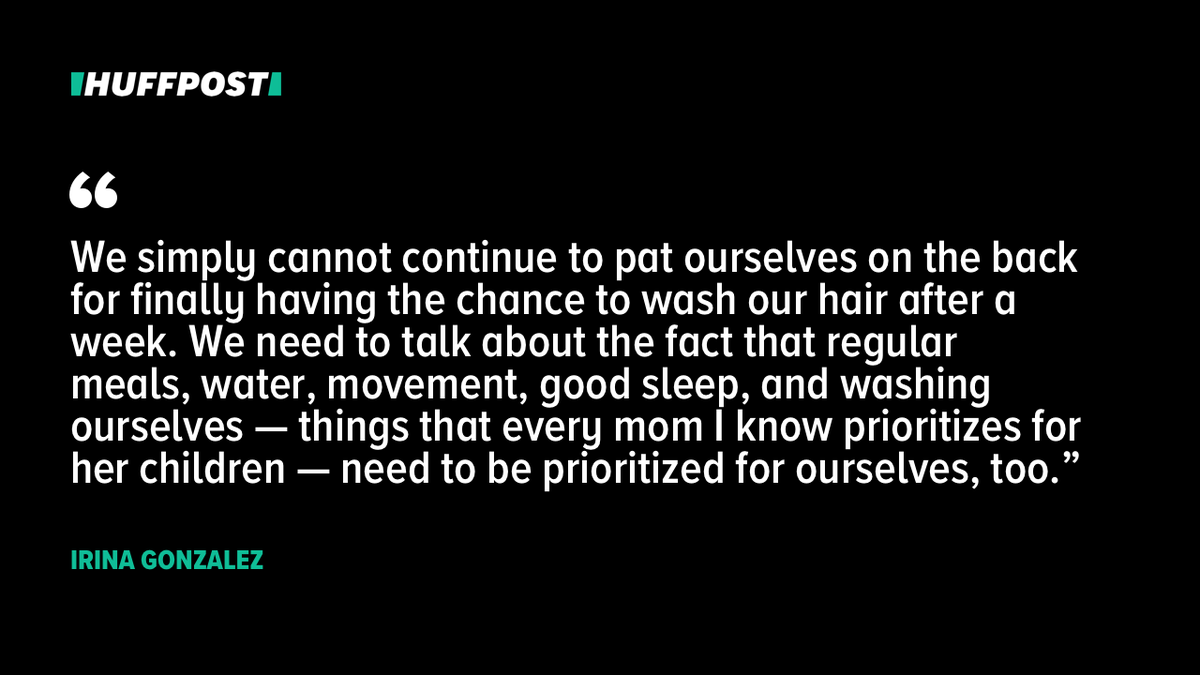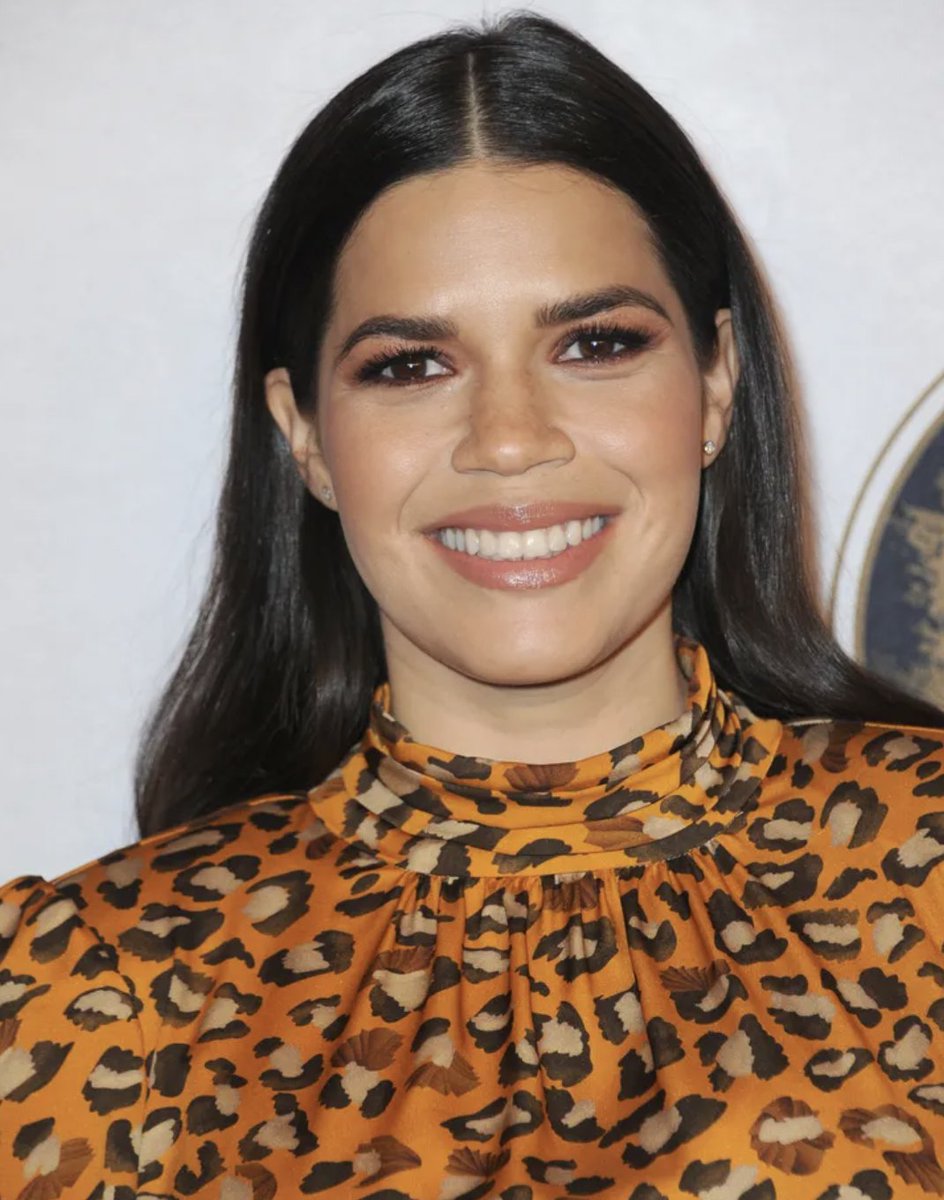
Mohamed Saleh never got a chance to say goodbye to his son, whose visa was delayed due to Trump's travel ban in January 2017.
His story is one of hundreds of cases of the ban changing the lives of Muslims both inside the U.S. and around the world. huffpost.com/entry/trump-tr…
His story is one of hundreds of cases of the ban changing the lives of Muslims both inside the U.S. and around the world. huffpost.com/entry/trump-tr…
Saleh petitioned for a visa in 2018 so his son Ayman, who lived in Yemen, could come to the U.S. to seek treatment for a congenital heart condition.
That opportunity didn’t exist in Yemen, where less than half of all health facilities were functioning after years of civil war.
That opportunity didn’t exist in Yemen, where less than half of all health facilities were functioning after years of civil war.

But Trump's ban on travel from many Muslim-majority countries meant Ayman’s visa application was delayed indefinitely. Saleh begged lawyers and advocates for help, but legal recourse was all but impossible.
Ayman’s application was still being processed when he died in May 2021.
Ayman’s application was still being processed when he died in May 2021.

A year-long HuffPost investigation has found families ripped apart due to the ban. Educational and employment opportunities were denied, maybe forever. Some people gave up on coming to the U.S. and instead relocated to another country, while others have been trapped in warzones. 

The State Department’s Bureau of Consular Affairs tallied 41,876 visas denied between December 2017 and January 2021, but no single agency has collected comprehensive data on how tens of thousands of people, many of whom were American Muslims, were affected by the ban. 

The consequences of the ban were all around Saleh: the emptiness of his home without his children, the endless calls with lawyers and officials. He’d go to bed every night exhausted from weeping. huffpost.com/entry/trump-tr…
He lived in constant fear of never seeing his family again – either because the American immigration system wouldn’t allow it or because they’d be killed by one of the bombs raining down in Yemen. huffpost.com/entry/trump-tr… 

In August 2021, he went back to Yemen, determined that this time he would not come back without his surviving children.
Read Saleh’s full story, along with others who are feeling the impact of Trump’s travel ban five years later.
✍️: @Rowaida_Abdel
huffpost.com/entry/trump-tr…
Read Saleh’s full story, along with others who are feeling the impact of Trump’s travel ban five years later.
✍️: @Rowaida_Abdel
huffpost.com/entry/trump-tr…
• • •
Missing some Tweet in this thread? You can try to
force a refresh












